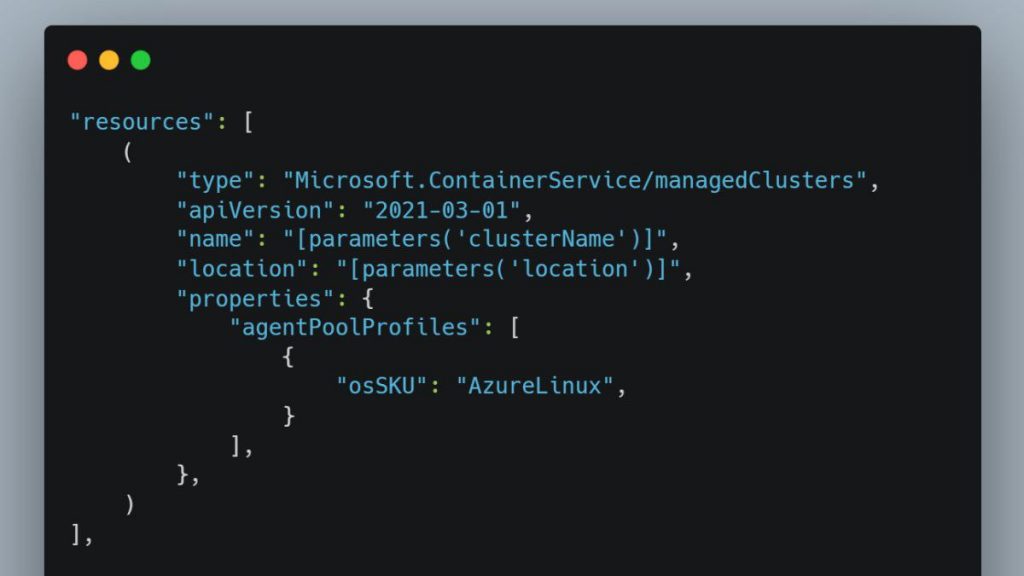In The Usual Microsoft Naming Convention, The Title Of Microsoft’s First Linux Distribution Is Not “Fedora” Or “Ubuntu,” But Rather A Descriptive Name.
Although it is technically considered a Linux distribution, it is not designed for desktop use but plays a unique role in Azure server environments.
To provide some context, Kubernetes is a tool that helps control and deploy applications efficiently. This allows developers to focus on writing code instead of worrying about the underlying infrastructure.
Previously, it was common for developers to either learn how to set up a server, a database, and more in addition to focusing on coding or to have a dedicated person in-house who did everything. Adjust for them.
Azure Linux Container Host for AKS is a lightweight, secure, and reliable operating system optimized for optimal performance on Azure.
After years, developers can now integrate several “Lego” pieces as Kubernetes containers, and suddenly, the system is ready for development. Naturally, both the container (Docker) and the Kubernetes coordination engine must also be placed on something, in other words, on the same operating system, and here Linux is required.
The newly named Azure Linux Container Host is a raw Linux distribution built entirely in-house by Microsoft and specialized in Azure. Its key advantages are lightness, safety, and reliability. Although this is another step for Azure, don’t expect Microsoft to offer a desktop Linux distribution anytime soon.

